Earth Day Pilgrimage to Burns Bog
Carpool from the UCV parking lot
After the service on April 23
Pilgrimage begins at 2:00 pm at the Delta Nature Reserve
This family event celebrates Burns Bog and global peatlands. Performers sing, drum, and dance as we walk through the Delta Nature Reserve. Recharge your spirits while surrounded by nature and good company. Join us in appreciating this natural green space in your community!
Burns Bog is the largest raised peat bog and the largest undeveloped urban land mass on the West Coast of the Americas.[1] Burns Bog was originally 10,000–12,000 acres (4,000–4,900 ha) before development. Currently, only 3,500 hectares (8,600 acres) remain of the bog.[2] It is the only estuarine raised peat bog formed in a marine west coast climate.
Burns Bog is habitat to more than 300 plant and animal species, and 175 bird species. Some of these animals are listed as endangered (i.e. red-listed) or vulnerable (i.e. blue-listed) under the BC Provincial Government Species at-risk designations. The bog is also a major migratory stopover for various bird species on the Pacific Flyway.[3]
After decades of work by the Corporation of Delta and the Provincial Government, in 2012 The Convention on Wetlands recognized the bog as a “Ramsar Wetland of International Importance”. (Wikipedia) As in, it’s a big deal.
History of Earth Day
A U.S. senator named Gaylord Nelson came up with the idea for a “national teach-in on the environment” after witnessing the ravages of the 1969 oil spill in Santa Barbara, Calif. Hoping to mobilize the politically active student community, he chose April 22nd (falling between Spring Break and final exams) as the official date. On that day in 1970, more than 20-million Americans took to the streets — as well as campuses, parks, and other public spaces — to demonstrate in support of a healthy, sustainable environment. By the end of the year, the United States Environmental Protection Agency had been created and the Clean Air, Clean Water, and Endangered Species Acts had all passed.
Two decades later, in 1990, Earth Day went global, mobilizing 200 million people in 141 countries and lifting environmental issues onto the world stage. Earth Day 1990 gave a huge boost to recycling efforts worldwide and helped pave the way for the 1992 United Nations Earth Summit in Rio de Janeiro.
Now, Earth Day is the largest secular observance in the world, celebrated by more than a billion people every year.
— Earth Day Network
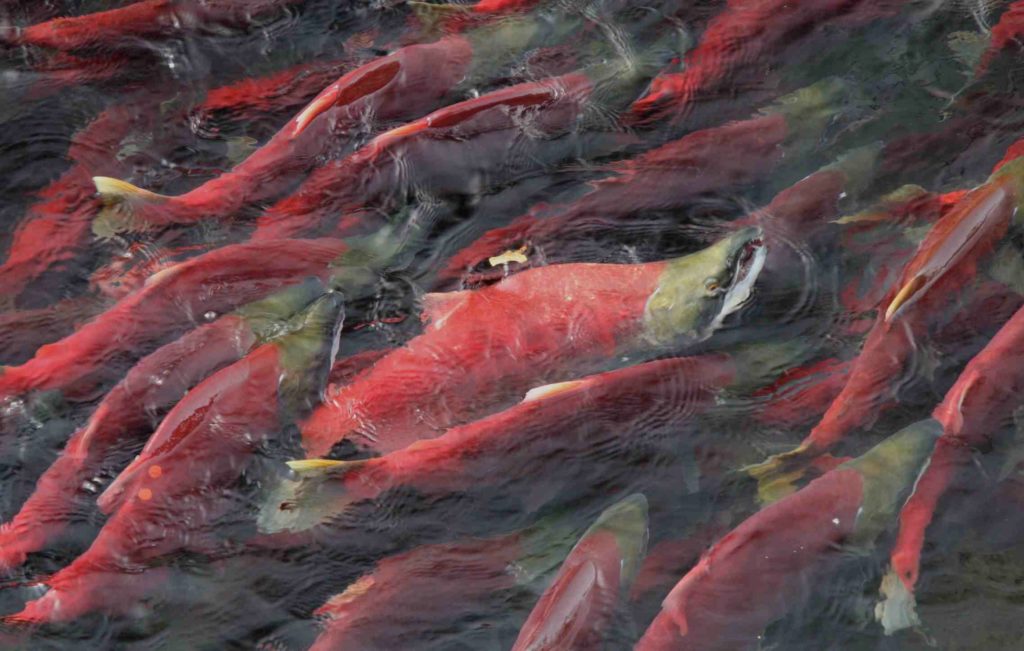




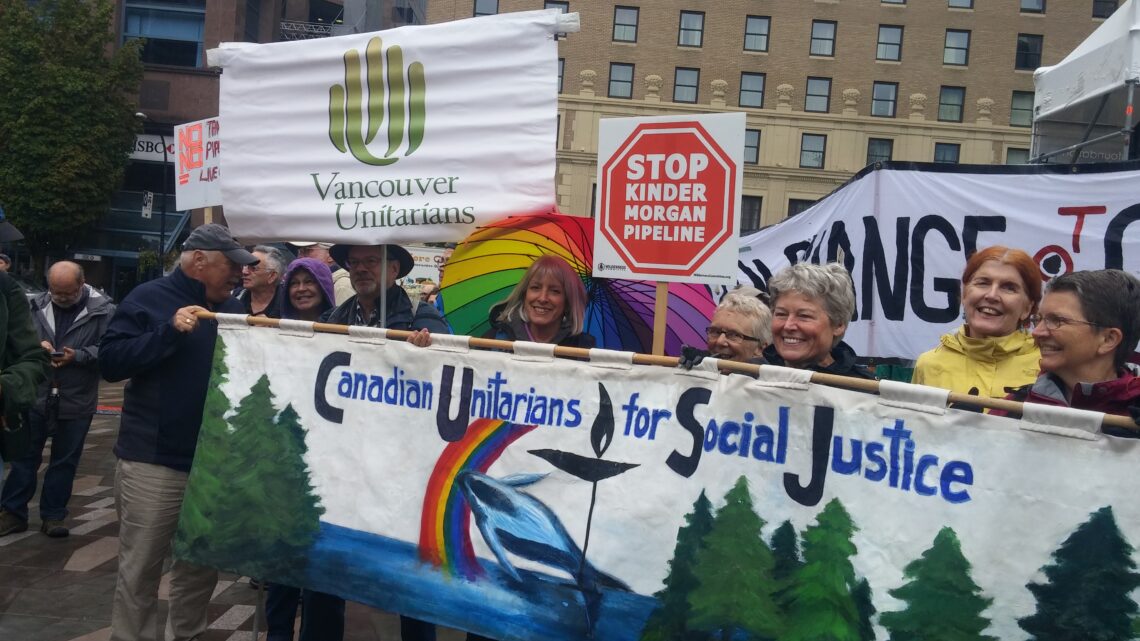
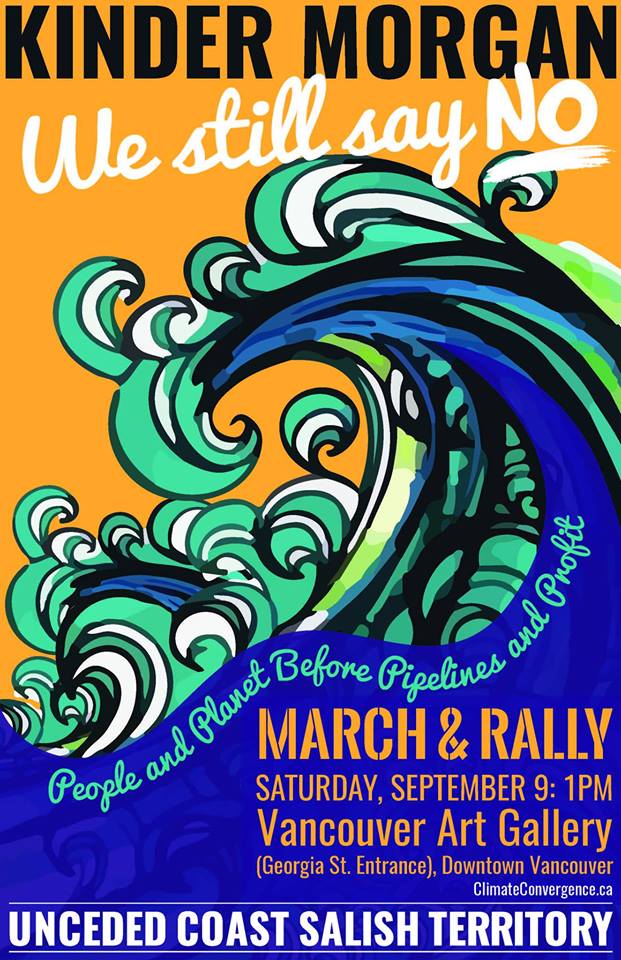



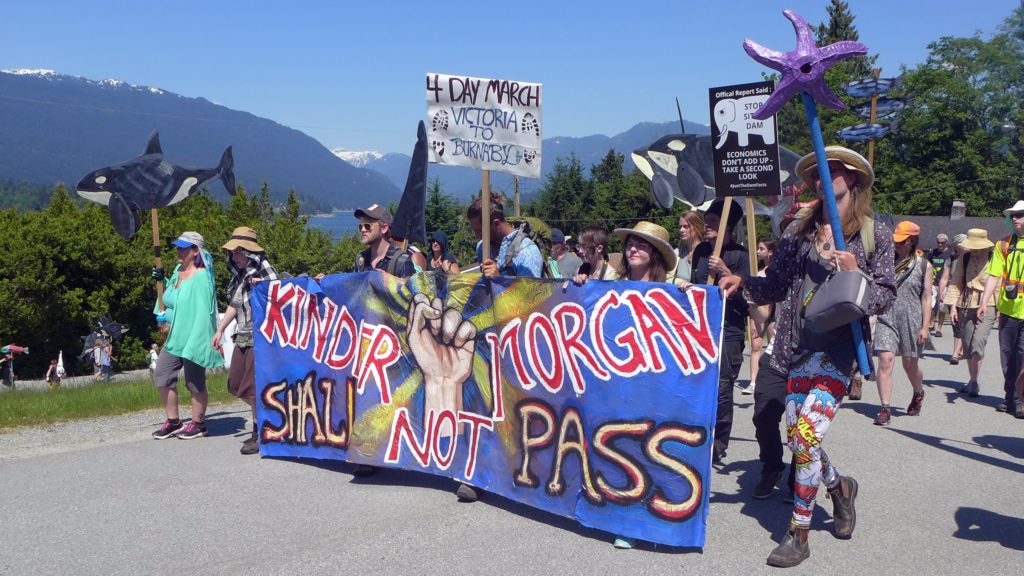
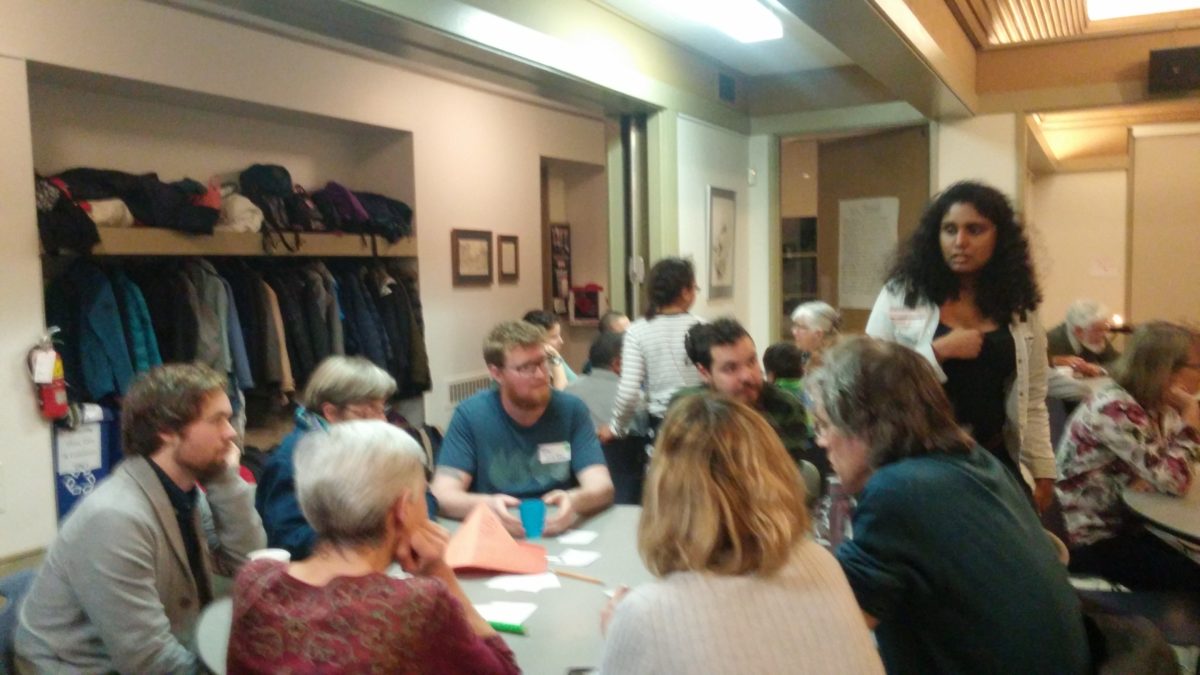
You must be logged in to post a comment.